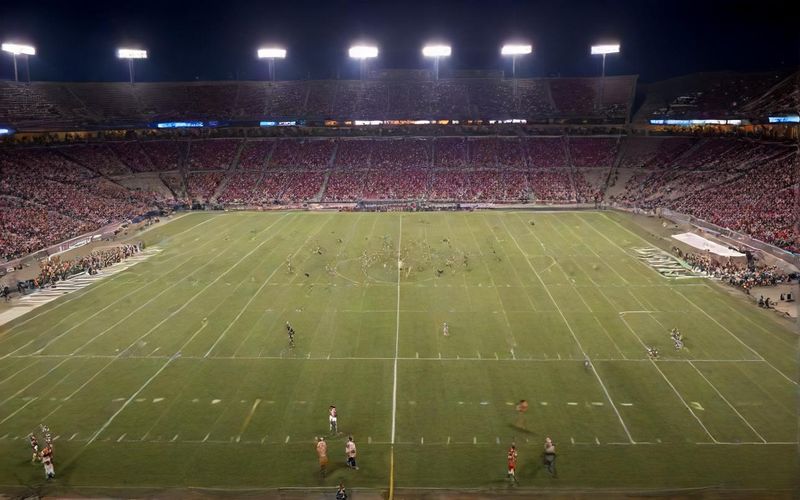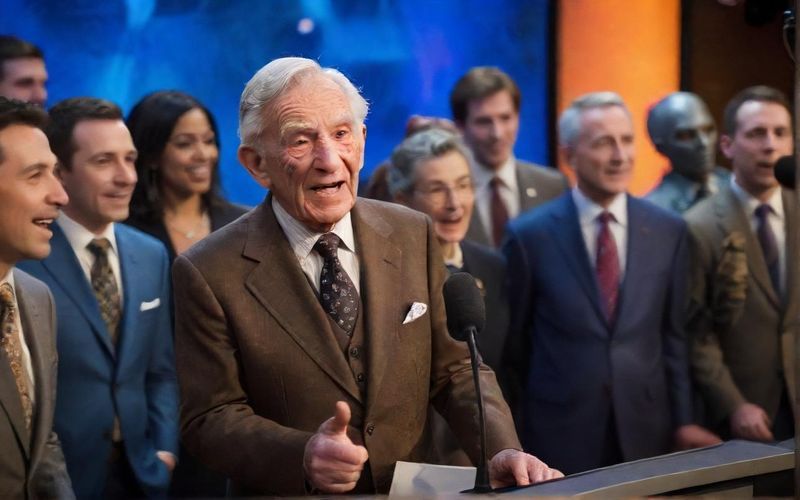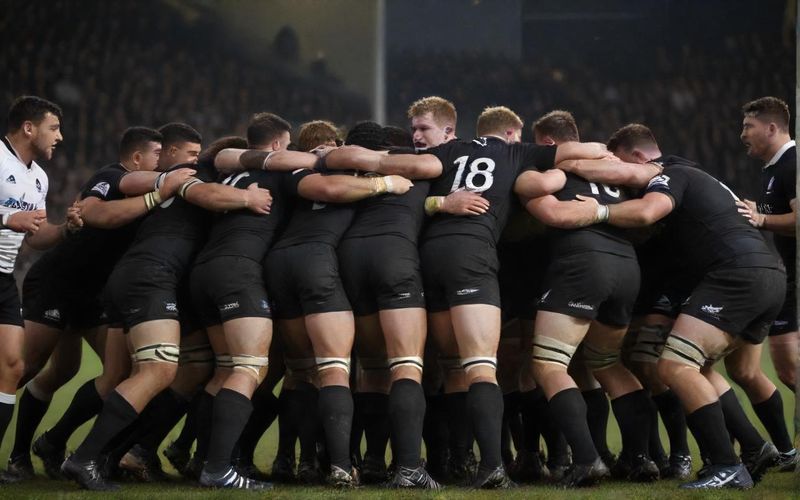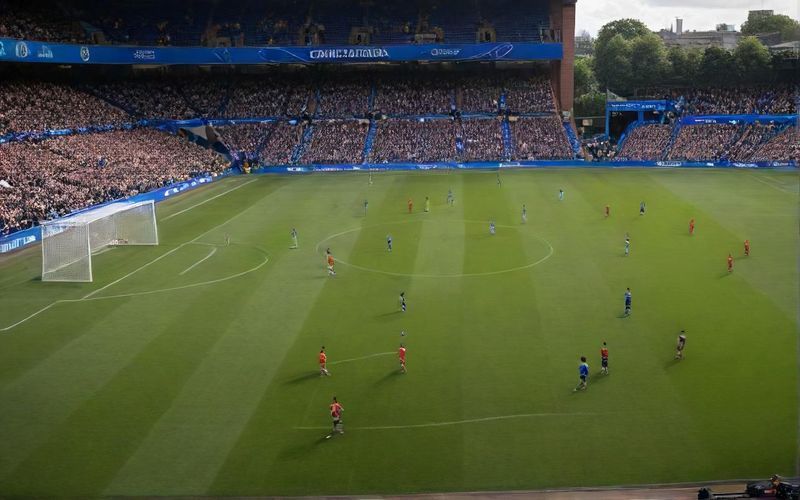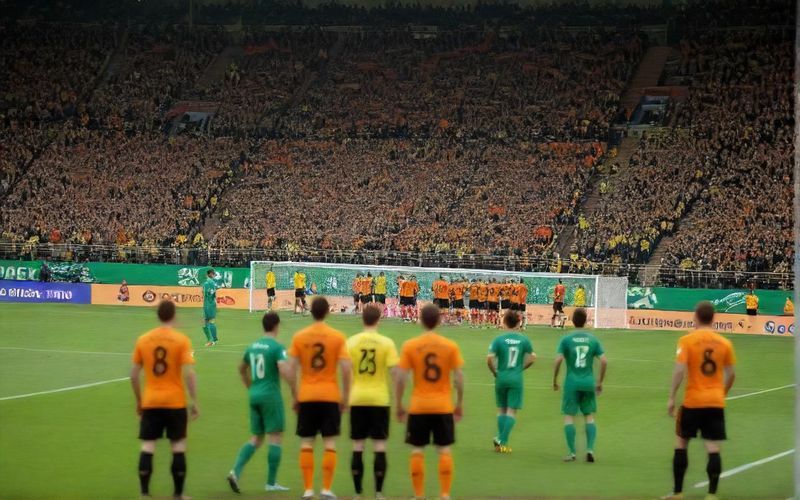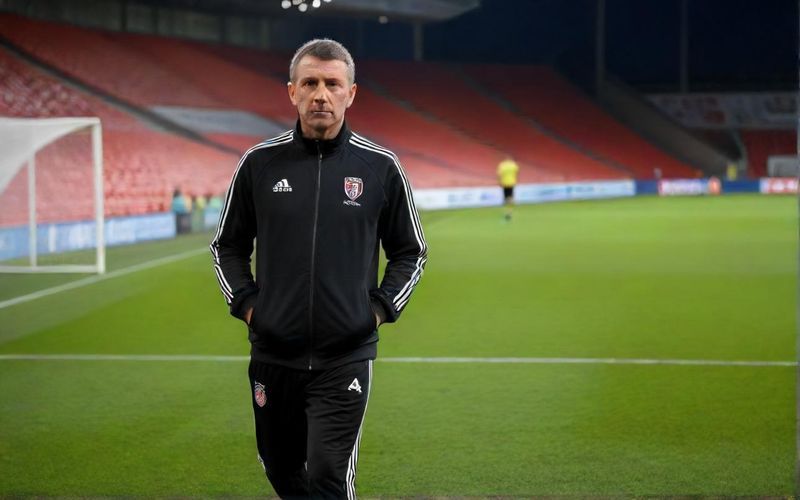Wallabies Face England at Twickenham Amidst Debate
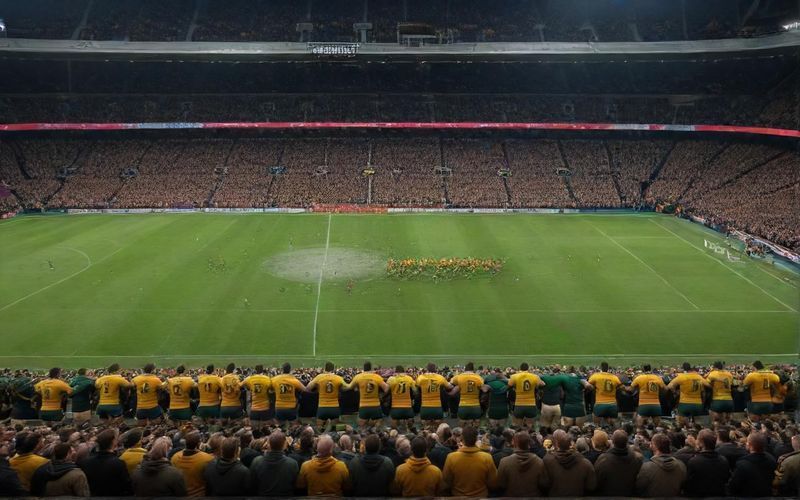
Last year, a dramatic, last-gasp victory at Twickenham served as a genuine launchpad for the Wallabies. It was the moment, as captain Harry Wilson put it, when they truly believed they could "beat anybody in the world." That win wasn't just about points on the board; it was about reclaiming a lost identity. Australian rugby had been in a precarious position, grappling with a series of losses and defections, and that victory was a powerful antidote to the creeping sense of existential dread. It was the spark that reignited their swagger, propelling them to impressive performances against the Lions and the Springboks. This current Wallabies squad, despite missing several key European-based players due to the fixture falling outside the official international window, carries that belief. There’s a quiet confidence, a sense that the depth they’ve cultivated this year means they can still get the job done.
However, the circumstances surrounding this particular match highlight a contentious issue within the sport. While England has been able to select its strongest available players, the Wallabies are navigating a landscape where their star Premiership players are unavailable. This disparity isn’t just a logistical challenge; it feels like a fundamental imbalance, a “farce” of World Rugby’s Test windows. It’s a scenario where the competitive integrity of the game is undeniably compromised, leaving Australia with an inexperienced fly-half pairing in Tane Edmed and Carter Gordon, facing England's seasoned campaigner George Ford. This lack of experience in such a critical playmaking role is a significant hurdle, especially when you consider the weight this tour carries for their 2027 World Cup draw. A higher world ranking is crucial to avoid a brutal pool stage draw, and every Test match, regardless of circumstances, counts.
Yet, amidst these structural challenges and player absences, there’s a palpable sense of unity and purpose within the Wallabies camp. Head coach Joe Schmidt has been diligently rebuilding the team's identity, focusing on a fast, free-running style that he believes is deeply ingrained in the Australian rugby DNA. It’s a philosophy that was evident in their recent performances, showcasing a willingness to use the ball and create opportunities, even against formidable opposition. Schmidt himself, embarking on his last series with the team, views this occasion with a bittersweet perspective. Having experienced the highs of coaching at Twickenham with Leinster and Ireland, he understands the magic that this stadium can hold. He acknowledges the privilege of these moments, the flashes of brilliance on the pitch, and the enduring memories they create, especially for someone who grew up watching such games on a black and white television.
As the narrative around Australian rugby shifts from past struggles to a future built on emerging talent and a renewed sense of purpose, the question remains: can this current iteration of the Wallabies, despite the external complexities and the absence of key personnel, tap into that same spirit that ignited their revival last year? Can they overcome the perceived disadvantage and deliver a performance that not only challenges England but also bolsters their standing on the world stage? The upcoming clash at Twickenham Stadium is more than just a rugby match; it's a profound statement about the resilience and evolving identity of Australian rugby in the modern era.

